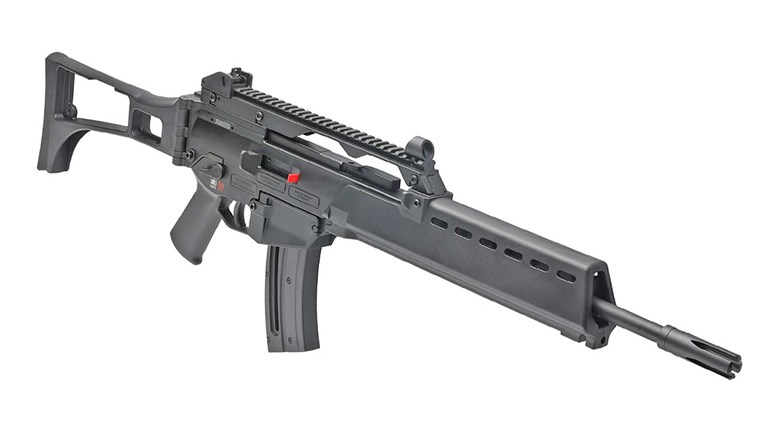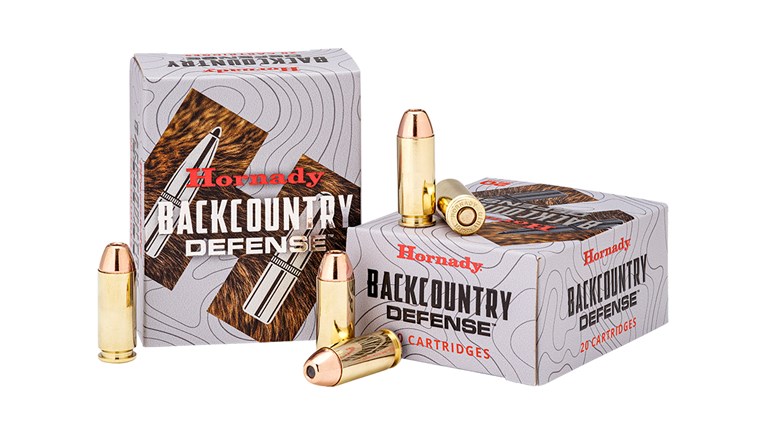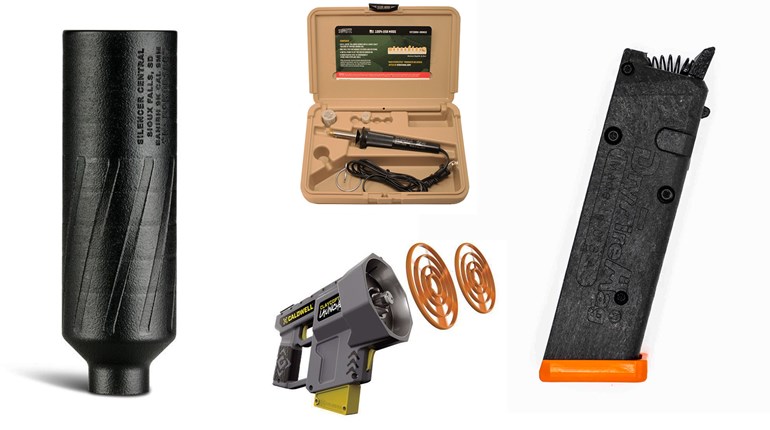
Good equipment is composed of good parts and pieces. Whether it’s a fantastic optic that is awesome because of the lenses and adjustment points or a great gun because it has a nice trigger, good sights, reliable action, and durable pieces that work right together, good gear is good because of what makes it.
Concealed carry holsters are the same. Holsters are rarely just one piece, at least not the ones you would trust to hold your gun securely. I write a ton of holster reviews, so I’m always looking at good ones, okay ones, and ones I wouldn’t recommend to my worst enemies. Rarely have I told a company I absolutely would not review the holster they sent because it has no redeeming qualities whatsoever. It’s happened twice in over 100 reviews.
There are three requirements that I have for every holster I review to give it a passing score:
- It must hold the gun securely through normal, everyday activity.
- It must cover the trigger and trigger guard completely to prevent accidental discharges.
- You must be able to reholster the gun one-handed, so you don’t muzzle your other hand when putting the gun away and in case your support hand is wounded in the gunfight or otherwise occupied.
With those three things in mind, let’s look at other features of holsters and how each one works with the others to make an outstanding rig, one you can count on to hold your handgun.
 Shell
Shell
Every good holster starts with some sort of shell, whether made from Kydex, another polymer, or leather. The point of the shell is to keep the gun safely tucked away, so it needs to be tight around the gun and not let it wiggle inside the holster. Kydex, Boltaron, and other polymers do an outstanding job of this because they are precision molded for the make and model of each gun. Leather holsters don’t do as good a job because they are typically sized for a range of guns, not just one; plus, leather is a natural material that warps and stretches with repeated use, eventually wearing out.
Backing
Full Kydex or Boltaron holsters do not have a separate backing because they are a “taco shell” design that wraps around the gun in front and back, pressing the hard shell between the gun and your skin. Designed right, this doesn’t have to be uncomfortable. My EDC holster is a full Kydex that is comfortable enough to wear all day without any complaints.
Hybrid holsters are a mix of Kydex shell in front for maximum retention and either a leather or neoprene backer for comfort. These holsters are usually extremely comfortable, but beware of backer wear over the years, especially with everyday use.
Wing
 No, a wing on a holster doesn’t make it or you fly. A holster wing (also called a claw) is an attachment under the trigger guard bulge on a Kydex shell that helps better keep the gun’s grip tucked against the body. The grip is the main culprit when it comes to printing. It’s the only part of the gun that sticks out and can press against the inside of your cover garment, revealing that you’re carrying. A wing sits below the waistline and uses the natural pressure from the belt to press the grip back against the body.
No, a wing on a holster doesn’t make it or you fly. A holster wing (also called a claw) is an attachment under the trigger guard bulge on a Kydex shell that helps better keep the gun’s grip tucked against the body. The grip is the main culprit when it comes to printing. It’s the only part of the gun that sticks out and can press against the inside of your cover garment, revealing that you’re carrying. A wing sits below the waistline and uses the natural pressure from the belt to press the grip back against the body.
When choosing a wing, look for one incorporated into the mold or attached with at least two screws instead of one. Why two? A one-screw wing can work its way loose during wear, letting the wing move and rotate away from its more effective placement. A two-screw wing is much more likely to stay in place. Wings are more commonly found on appendix-style holsters but can be beneficial on strongside carry rigs.
Clips and Loops
In this case, it’s clips, not magazines, because these clips hold the holster to your belt. Typically made from the same Kydex as the holsters or thin steel, these clips slide over your belt and click in underneath, so your holster won’t lift off the belt when you pull the gun out. Snappy straps also wrap completely around your belt and snap together near the top. These are most common on IWB holsters.
 Most OWB holsters will have belt loops that you weave your belt through to hold the holster so securely the only way to take it off is to remove your belt. The tighter these loops are to your body, the easier it is to conceal an OWB.
Most OWB holsters will have belt loops that you weave your belt through to hold the holster so securely the only way to take it off is to remove your belt. The tighter these loops are to your body, the easier it is to conceal an OWB.
Retention Adjustment
To ensure your gun stays safely tucked inside the holster, many manufacturers include adjustable retention in the form of a screw that tightens the shell or Allen key pressure plate that locks in the trigger guard from the bottom. When adjusting retention, be sure the gun is not so tight that you can’t pull it out when needed and not so loose that it comes out too easily. It’s a delicate balance between snug and extractable.
Kydex and hybrid holsters usually have adjustable retention, whereas leather holsters hardly ever do because there is nothing to screw into, and the holster wears so much over time that any adjustments would back themselves out in short order.
Wrap Up
Just like there is no perfect gun for every concealed carrier, there is no perfect holster to hold that one non-existent perfect gun. There are a gazillion holster options out there. Try out a few and see what you like the best. It may not be your neighbor's choice, and that’s okay. He’s not the one carrying his gun in it all day. Make it yours.





































